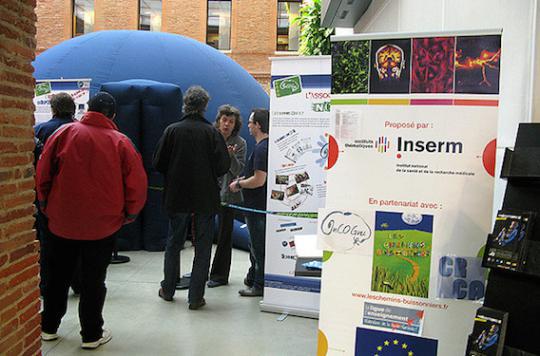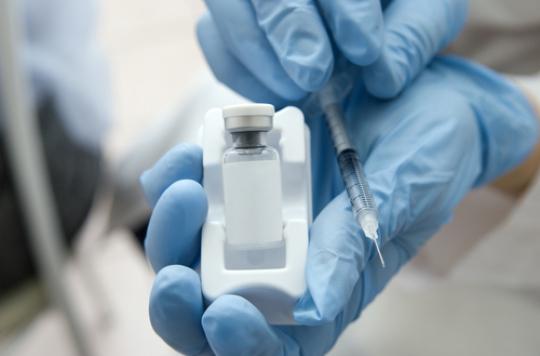This year, the most prestigious French scientific award distinguishes Margaret Buckingham. This biologist has contributed to the understanding of the formation of the heart.

Already awarded the CNRS silver medal in 1999, Margaret Buckingham, development biologist and research director “of exceptional class emeritus at the CNRS” will officially receive the highest French scientific distinction on November 14th. This 68-year-old scientist of Scottish origin is also professor emeritus at the Institut Pasteur. Since its creation in 1954, the CNRS gold medal has distinguished each year the work of a scientific personality who has made an exceptional contribution to the dynamism and influence of French research.
Born March 2, 1945, Margaret Buckingham graduated from the University of Oxford (United Kingdom) and holds a doctorate, obtained in 1971. She became research director at the CNRS in 1981 and was appointed professor of the Institute. Pasteur in 1992, while continuing his research at the CNRS. In 1987, she took charge of the “Molecular Genetics of Development” laboratory at the Pasteur Institute until 2010. She was Director of the “Molecular Biology” department, from 1990 to 1994, and of the “Developmental Biology” department of 2002 to 2006, from the Institut Pasteur.
A major impact in the field of muscle and heart training
Margaret Buckingham is one of the leading figures in developmental biology research in the field of muscle and heart training. His work also addresses the field of stem cells in embryos and adults. This biologist first discovered how the genes for actin and myosin, two proteins essential for muscle contraction, are controlled.
Then, thanks to genetic manipulations in mice, she showed that the cells of the embryo which will form the adult muscles undergo a step of determination which irreversibly commits their destiny towards muscle differentiation.
This is put in place long before the cell takes on the characteristics of a muscle cell. In 2005, she also succeeded in isolating adult skeletal muscle stem cells, called satellite cells, in mice, and with her team in demonstrating their potential in muscle regeneration. Finally, in the field of cardiogenesis, that is to say of the formation of the heart, Margaret Buckingam upset the accepted view of cardiac development by the discovery of a second field of induction of the heart and the dissection of the origins clonal populations of cells forming the heart.
For the first time this year, the CNRS gold medal will be presented to the public on Thursday, November 14 at 7:00 p.m. at the Sorbonne, at the opening of the “Fundamentals”, the new scientific forum of the CNRS.
Source: Cnrs press release
.















